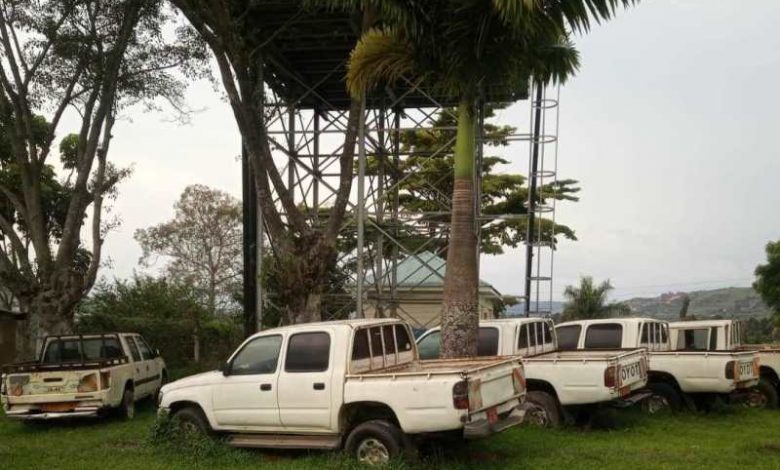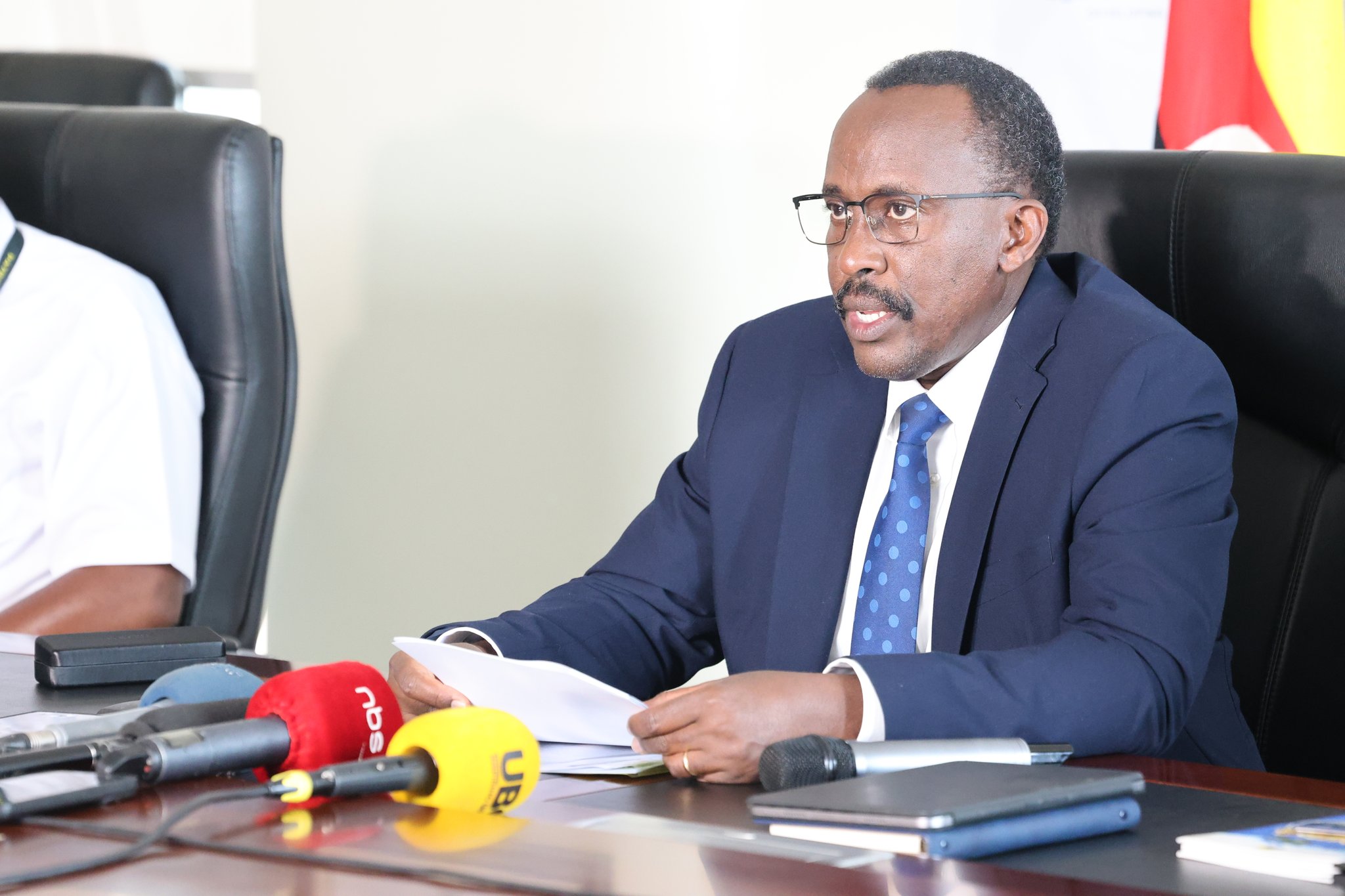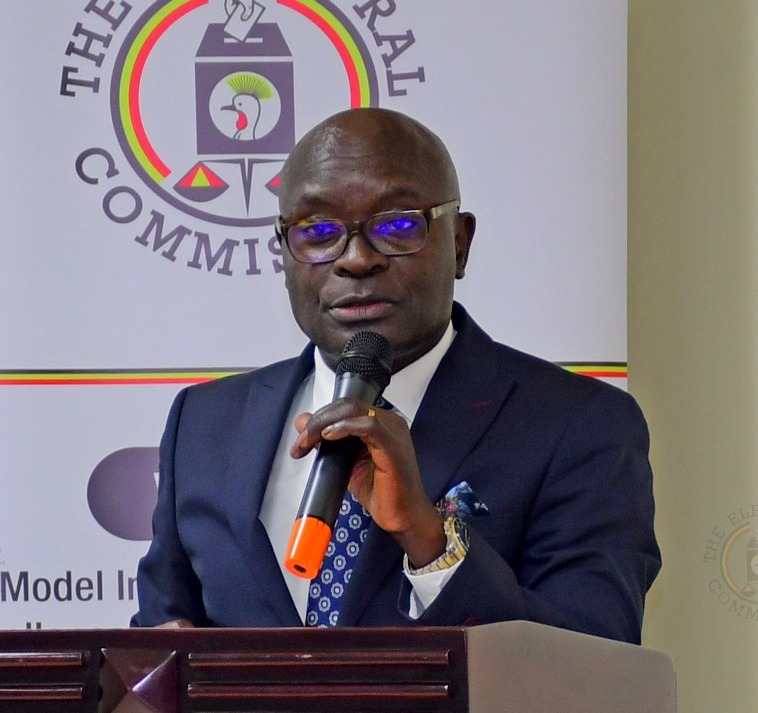Civil society advises govt how to put old vehicles to good use
The government was spending up to Shs100 billion a year on new cars, a cost that was depleting the nation's resource base and decreasing the amount of resources available for services.

Service delivery has come to a standstill in some of the local governments across the country due to a lack of transport means for officials to perform their functions. This follows the halt on the purchase of new vehicles by the Ministry of Finance Planning and Economic Development.
Richard Ayesigwa, a research fellow from Advocates Coalition for Development and Environment (ACODE) under the Centre for Budget and Economic Governance has advised the government to facilitate local government to scrap off vehicles that are beyond repair that are in local government compounds and yards and use the money to fix those that are still in fair conditions to be used for service delivery in the meantime.
“One of the challenges affecting government vehicles is poor maintenance. The government continues to buy Vehicles without a clear maintenance plan hence most of them end up parked because of minor mechanical issues. Setting up regional repair workshops through PPPs can be one way of keeping the Vehicles in good condition and lengthening their service life,” Ayesigwa said.
It has now been 5 years since the government of Uganda halted the purchase of new vehicles – save for the cars meant for revenue mobilization – by any government ministry, department, agency and local government with the ban having started in the financial 2019/20 to date.
The decision according to the Ministry of Finance is intended to reduce excess government expenditure. However, this has ended up affecting service delivery at district levels leaving a substantial number of officers in districts, cities and municipalities with no transport means to implement activities and carry out inspection of government projects.
Ayesigwa also recommended close monitoring and tightening of terms of use for government vehicles to minimize misuse by responsible officers and mishandling by drivers. “How about periodic audits and inspections of these cars to make users accountable? This will minimize misuse of these Vehicles” he added.
The government was spending up to Shs100 billion a year on new cars, a cost that was depleting the nation’s resource base and decreasing the amount of resources available for services. Every day, the government operates a fleet of hundreds of vehicles that incur expenses for taxpayers in the form of fuel, maintenance, and general wear and tear.
This notwithstanding, the local government minister, Raphael Magyezi, insists that local governments require Shs35.2 billion to procure new vehicles for officials. He added that this is necessary if government workers are to deliver on their mandate. He added, “These funds can be allocated from the three per cent supplementary threshold that can be spent by the government without prior Parliament approval.”
The vehicles required are usually departmental vehicles or personal vehicles. The Minister said that there is a need to fight for at least Shs200 million per district to procure these vehicles. This he said while presenting the Committee on Local Government and Public Service.







